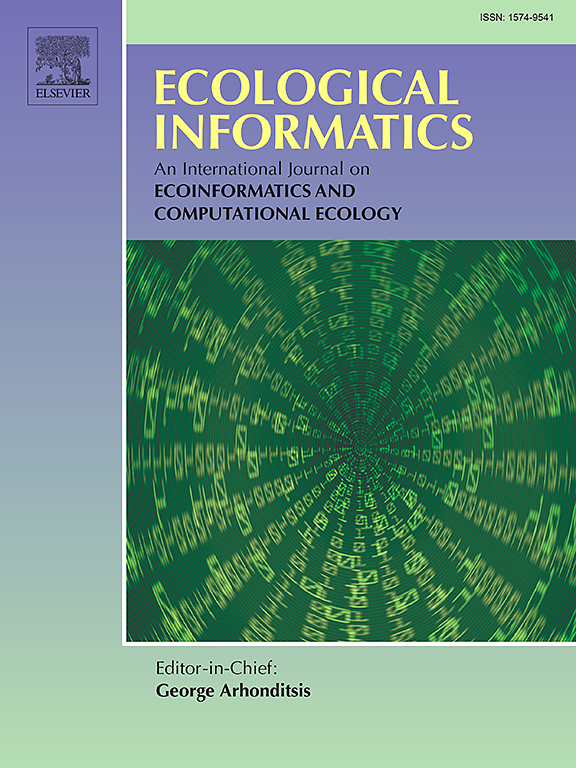Harnessing artificial intelligence for efficient systematic reviews: A case study in ecosystem condition indicators
Abstract
Effective evidence synthesis is important for the integration of scientific research into decision-making. However, fully depicting the vast mosaic of concepts and applications in environmental sciences and ecology often entails a substantial workload. New Artificial Intelligence (AI) tools present an attractive option for addressing this challenge but require sufficient validation to match the vigorous standards of a systematic review. This article demonstrates the use of generative AI in the selection of relevant literature as part of a systematic review on indicators of ecosystem condition. We highlight, through the development of an optimal prompt to communicate inclusion and exclusion criteria, the need to describe ecosystem condition as a multidimensional concept whilst also maintaining clarity on what does not meet the criteria of comprehensiveness. We show that, although not completely infallible, the GPT-3.5 model significantly outperforms traditional literature screening processes in terms of speed and efficiency whilst correctly selecting 83 % of relevant literature for review. Our study highlights the importance of precision in prompt design and the setting of query parameters for the AI model and opens the perspective for future work using language models to contextualize complex concepts in the environmental sciences. Future development of this methodology in tandem with the continued evolution of the accessibility and capacity of AI tools presents a great potential to improve evidence synthesis through gains in efficiency and possible scope.

 求助内容:
求助内容: 应助结果提醒方式:
应助结果提醒方式:


